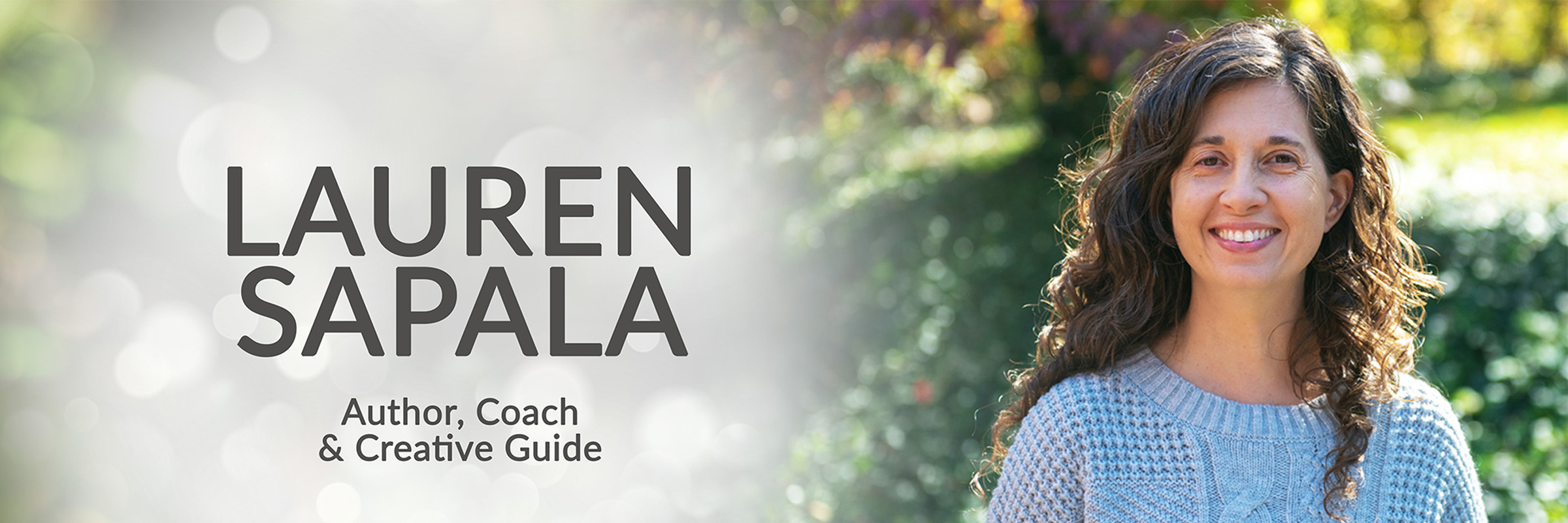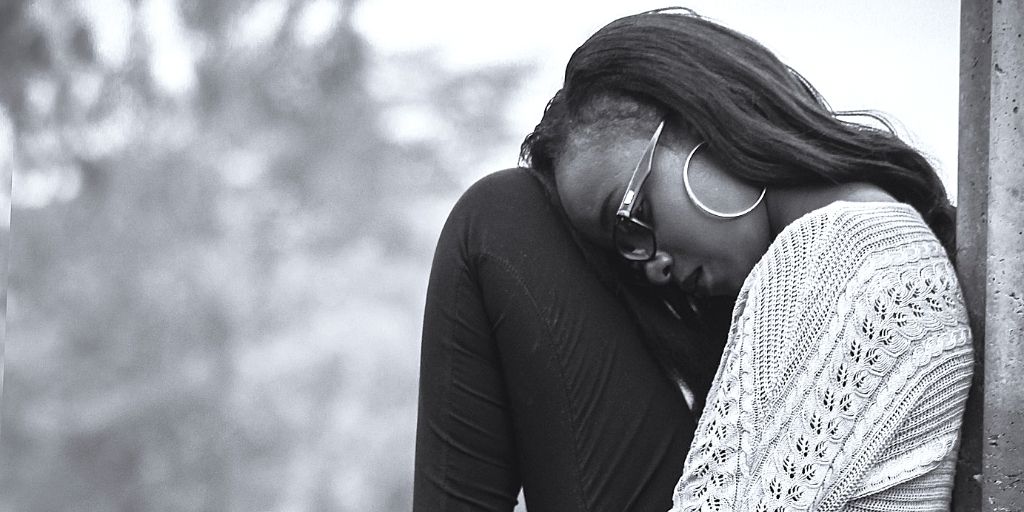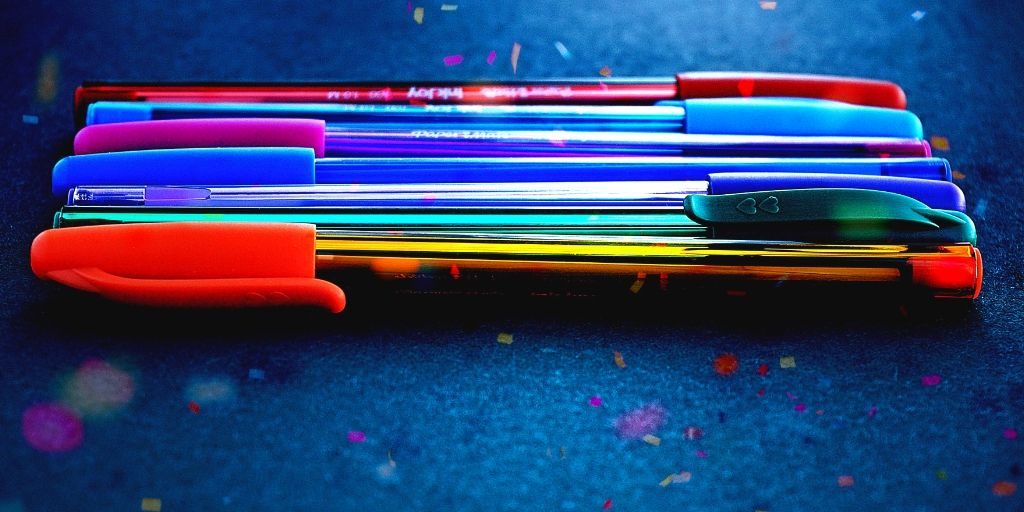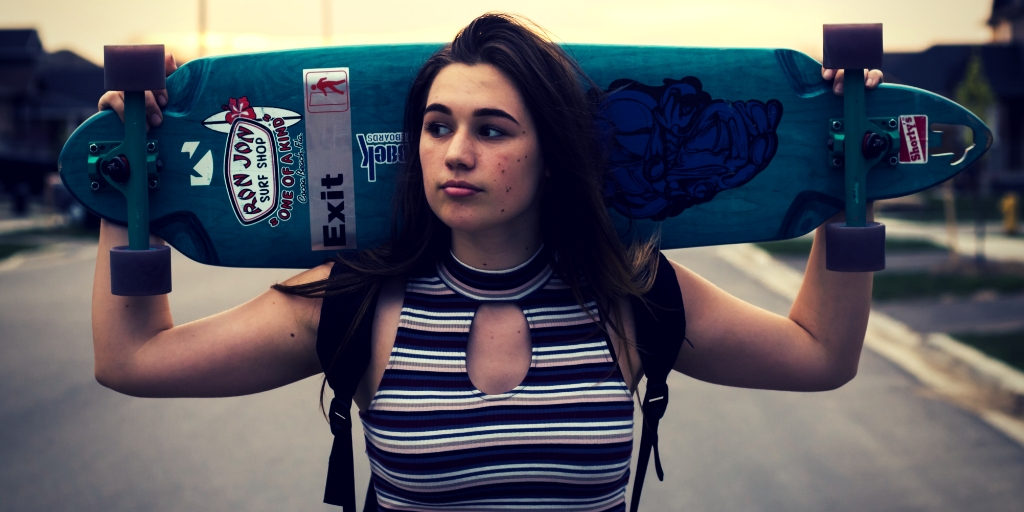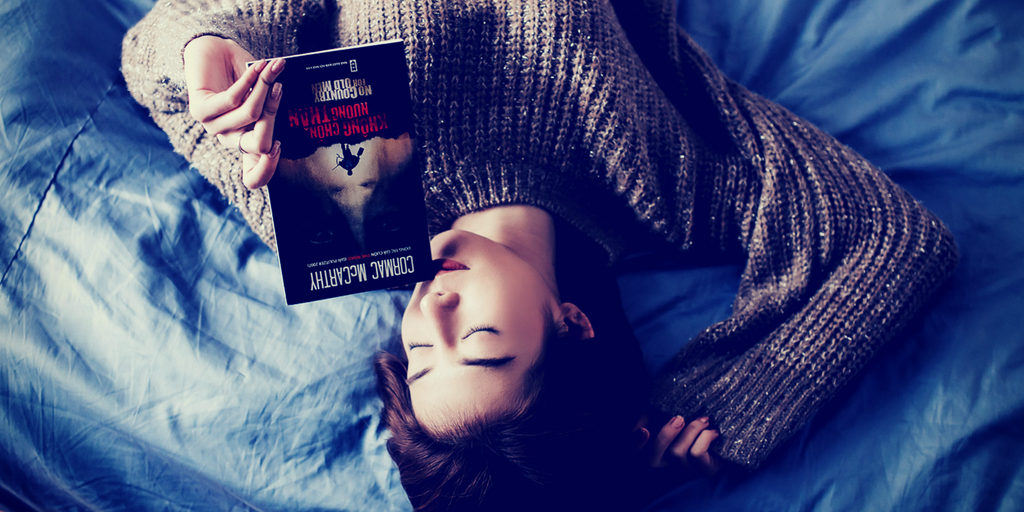
Over the past seven years I’ve coached and taught hundreds of INFJ and INFP writers and I can say one thing with certainty: most traditional writing methods just don’t work for us.
The sad thing is, most INFJ and INFP writers think that the problem is with them, not with the approach they’re using. So, they end up feeling horrible about themselves and their writing. I can’t tell you how many intuitive writers I’ve talked to who have told me, “I guess I’m just not cut out to be a writer,” when nothing could be further from the truth.
